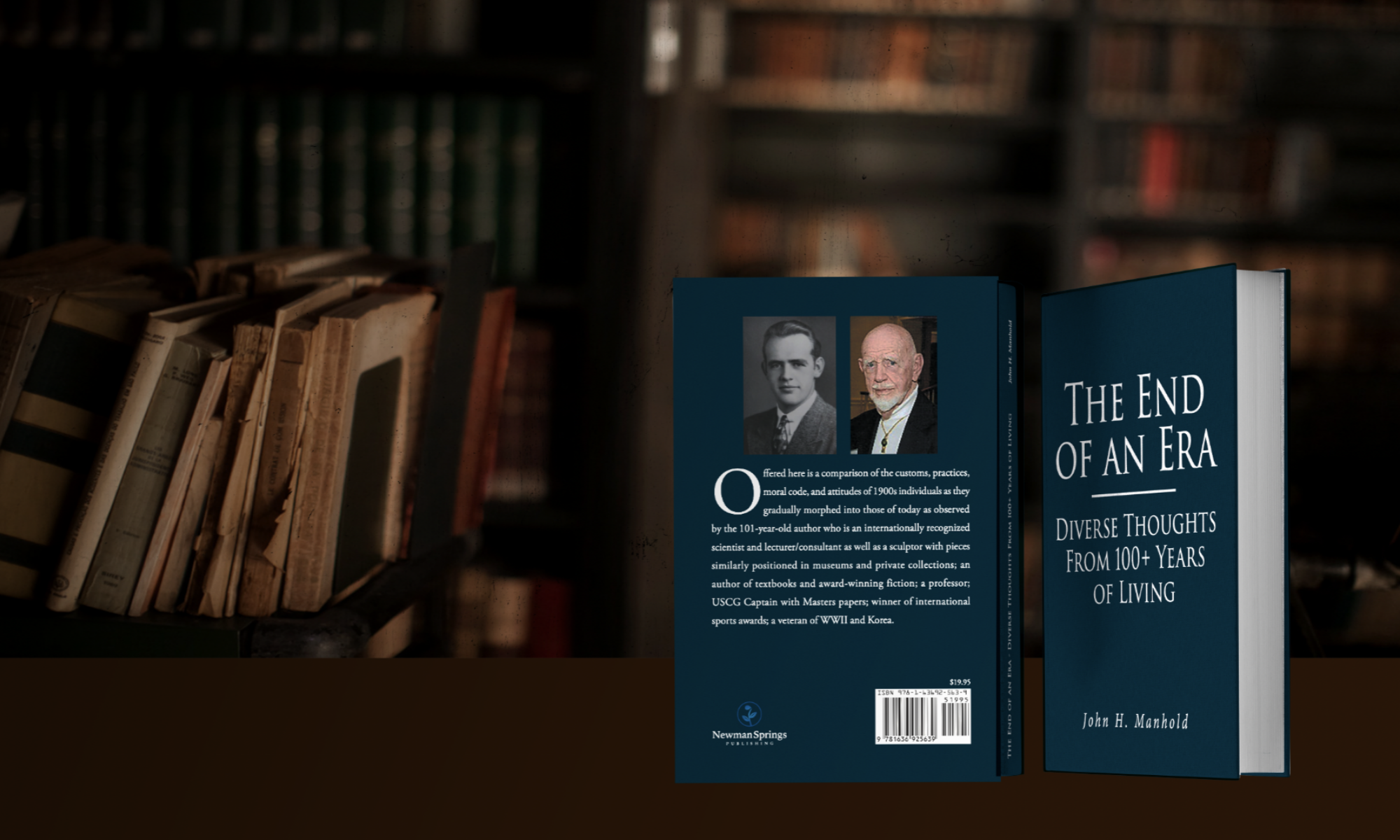Forget Me Not by Marie Sibbons
A sub-title, “Two missing women; Fifty years One house holds the key” appears on the cover. It opens immediately with a Prologue. There is no ISBN or similar indication of the usual copyright material or publisher and is assumed to have been published by the author named on the cover as well as copyright and written by the referenced author. The book opens with a Prologue followed by PART ONE with Chapter one beginning “4th January 1995 Christine shuffled her feet to keep warm as she stood shivering in the doorway.” The tale continues following her and best friend Judy who has a teaching position as a nearby university. Their relationship appears to have risen because of a mutual need for housing at the lowest possible level plus the fact that both are graduates of the British system of providing for young children who have been orphaned. The rooms they acquire are in one of a few strange old mansions in an almost totally deserted section of Glasgow, Scotland. The landlord is a married man who lives in a part of the building until moving out and only to return monthly to collect the rent. The two young women find themselves as the only tenants in this ancient house that appears to be haunted. Several other characters are introduced as the story begins to recall the period of the Nazi bombings interchanging with those of the present. PART TWO ultimately is presented in the last few chapters to present a solution to the mysteries that gradually have been sketched out in the sizable number of chapters that have composed the first part if the book.
Discussion: Regrettably from this reader’s perspective, this is an enigmatic story that defies assignment of any specific number of stars. The overall tale is interesting, but must be read by one willing to persist through a considerable quantity of confusing material peopled by characters that never are ‘fleshed out’. The plot is slow to develop and the ‘haunting’ seems a somewhat forced inclusion for other than perhaps a few readers. But then, my impression is from that of one without any knowledge of the British system of dealing with orphans. Readers acquainted with such matters would be far better qualified to follow much of the action and thought patterns of the protagonists. From this perspective, the author’s book probably would appear to be far more suitable for other than some readers who exist within a so-called American market.
2* Possibly ranging to 4* for certain readers.
